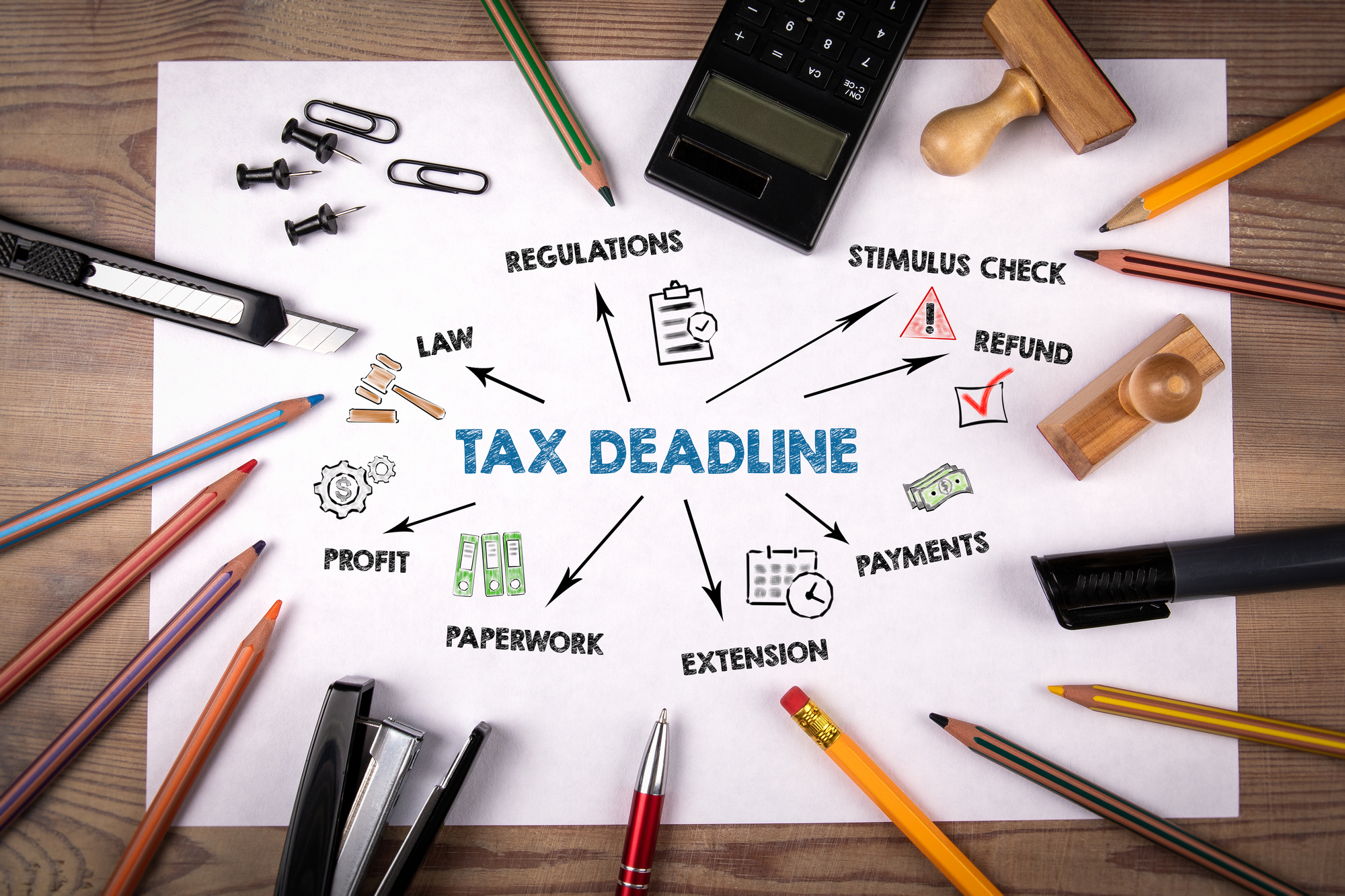
Since the CARES Act was signed into law last March, the Internal Revenue Service (IRS) has sent out tens of millions of stimulus payments. These checks, a direct transfer from the federal government to households, are designed to stimulate the economy and help those dealing with the financial stress of the pandemic. But as people receive and spend their stimulus funds, many are wondering if the money will affect their income taxes.
Impact on 2020 Taxes
The short answer is no, the stimulus checks will not likely impact your income taxes. The stimulus check will not increase the amount of money a taxpayer owes when they file their 2020 tax return. Some people mistakenly believe that the IRS will consider the stimulus checks as part of your income – which would lead to a bigger tax bill. But stimulus funds are not taxable income.
Also, the stimulus funds will not reduce the amount of a taxpayer’s refund. A tax refund is money that’s repaid to you because you overpaid your taxes during the calendar year. The stimulus check is a separate payment outside of your state and federal tax obligations. Stimulus payments are actually an advanced tax credit for 2020.
What is an Advanced Tax Credit?
In a general sense, a tax credit reduces the amount you owe in federal taxes. So, for example, if you owe $1,000 in federal taxes and you receive a $700 tax credit, your tax bill for that calendar year will be $300. A refundable tax credit (which is what the stimulus checks are) can reduce your tax bill to below zero, which means you receive a tax refund check. As an example, let’s say you owe $1,000 in federal taxes, and your refundable tax credit is $1,500. In this situation, you would receive a check for $500 from the federal government. Unlike other tax credits, such as the earned income tax credit or the child tax credit, the federal government is giving you a refundable tax credit now as a stimulus payment, rather than having to wait until you file your 2020 taxes.
Impact on Other Federal Benefits
As the stimulus payments do not count as taxable income, the funds will not affect other federal assistance programs such as unemployment or social security. The stimulus payments will not disqualify you from receiving federal benefits, and it should not affect how much you receive in federal benefits. (However, remember that unemployment benefits are still subject to federal and state income taxes).
What If I Didn’t Receive My Stimulus Check?
The eligibility of stimulus payments is based on a taxpayer’s adjusted gross income for 2018 or 2019. If a taxpayer should have received a stimulus payment, but did not, they can file for a Recovery Rebate Credit (RRC). Through the RRC, the IRS will credit the missing stimulus payment to your 2020 tax return. But taxpayers should be aware that they may not receive their full stimulus payment by filing for a Recovery Rebate Credit; the rebate will be factored into your overall tax return, and any tax liabilities still apply. So, in other words, if you file an RRC for a $600 stimulus payment, but you owe $400 in federal taxes, you will only receive $200 of that missed stimulus payment.
Have Additional Questions? Call Brian M. Douglas & Associates
If you have additional questions, you may want to reach out to a trusted attorney for help. Brian M. Douglas & Associates are happy to answer or direct your questions. Please call us at (770) 933-9009 for help with issues related to estate planning, real estate, or probate.

